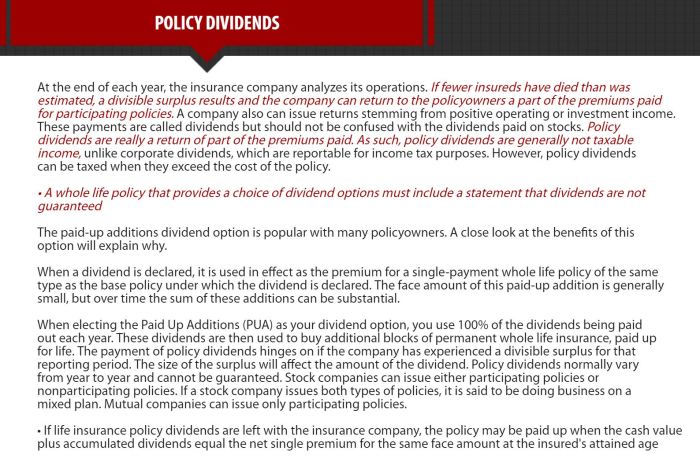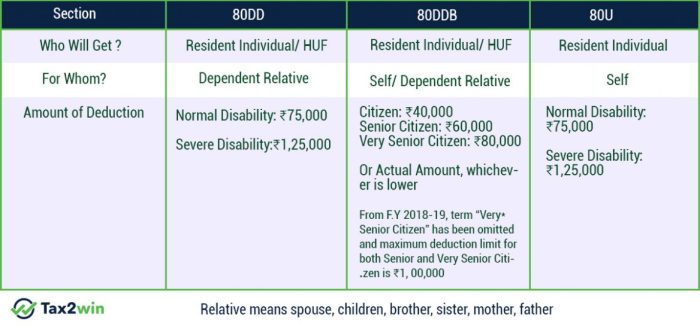When a disability income policyowner recently submitted a claim, it marked the initiation of a complex process that involves multiple stakeholders and a comprehensive evaluation. Understanding the intricacies of this process is paramount for policyholders seeking to maximize their benefits and avoid potential pitfalls.
This comprehensive guide delves into the intricacies of disability income claim submissions, providing valuable insights into the documentation required, common reasons for denials, and strategies for optimizing the chances of approval.
Disability Income Policyholder Claim Submission

Submitting a claim for a disability income policy involves a specific process to ensure that the insurance company can assess the validity and extent of the disability. The following steps Artikel the typical process:
- Notify the insurance company:Promptly inform the insurer about the disability and provide initial details, including the nature of the impairment, onset date, and expected duration.
- Submit a claim form:Obtain and complete the claim form provided by the insurance company, providing detailed information about the disability, medical history, and work status.
- Gather supporting documentation:Collect and submit medical records, vocational assessments, and other documentation that supports the claim and demonstrates the impact of the disability on work capacity.
- Provide ongoing updates:Keep the insurance company informed about the status of the disability, any changes in medical condition, or work attempts.
Common Reasons for Claim Denials, A disability income policyowner recently submitted a claim
Understanding the reasons for claim denials can help policyholders avoid potential pitfalls:
- Incomplete or inaccurate information:Failing to provide sufficient or accurate information on the claim form or supporting documentation can delay or deny the claim.
- Insufficient medical evidence:Lack of objective medical evidence to support the severity and duration of the disability can lead to claim denial.
- Pre-existing conditions:If a pre-existing condition is not properly disclosed or documented, it may impact claim approval or benefit payments.
- Failure to meet the policy definition of disability:The definition of disability in the policy must be met for the claim to be approved.
- Fraud or misrepresentation:Any attempt to misrepresent or exaggerate the disability can result in claim denial.
Evaluating the Validity of a Disability Income Claim

Insurers assess disability income claims based on several key factors:
- Medical evidence:Medical records, diagnostic tests, and treatment plans provide objective evidence of the disability and its impact on work capacity.
- Vocational assessments:Vocational evaluations assess the individual’s ability to perform their previous job or alternative work, considering factors such as skills, education, and physical limitations.
- Other supporting documentation:Statements from treating physicians, employer documentation, and personal accounts can provide additional context and support for the claim.
Impact of Pre-existing Conditions
Pre-existing conditions can affect claim approval in the following ways:
- Exclusion periods:Some policies may have exclusion periods for pre-existing conditions, during which no benefits are payable.
- Reduced benefits:If the disability is related to a pre-existing condition, benefits may be reduced or denied altogether.
- Increased scrutiny:Claims involving pre-existing conditions may be subject to more rigorous evaluation to ensure that the disability is not a direct result of the pre-existing condition.
Negotiating a Disability Income Settlement

Disability income settlements involve reaching an agreement with the insurance company to resolve the claim:
- Types of settlements:Settlements can include lump-sum payments, structured settlements, or a combination of both.
- Negotiation process:Negotiations involve presenting evidence, discussing the extent of the disability, and reaching a fair and equitable settlement.
- Importance of legal representation:Legal counsel can assist in understanding policy provisions, negotiating a favorable settlement, and protecting the policyholder’s rights.
Managing Disability Income Benefits

Disability income benefits provide financial support during a period of disability:
- Managing expenses:Benefits can be used to cover essential expenses such as housing, utilities, food, and medical costs.
- Supplementing income:Benefits can supplement lost income, ensuring financial stability during the disability period.
- Investing for the future:Benefits can be invested to generate additional income or preserve capital for future needs.
Tax Implications
Disability income benefits are typically taxable as ordinary income:
- Federal income tax:Benefits are subject to federal income tax, unless an exclusion applies.
- State income tax:State income tax laws may vary regarding the taxation of disability benefits.
- Exclusions:In certain circumstances, such as total and permanent disability, benefits may be partially or fully excluded from taxable income.
Common Queries: A Disability Income Policyowner Recently Submitted A Claim
What is the typical documentation required to support a disability income claim?
Medical records, vocational assessments, and proof of income are commonly required.
What are the most common reasons for disability income claim denials?
Incomplete or inaccurate documentation, failure to meet the definition of disability, and pre-existing conditions can lead to denials.
How can I increase my chances of getting my disability income claim approved?
Submit a complete and well-documented claim, provide timely updates, and consider seeking legal representation if necessary.